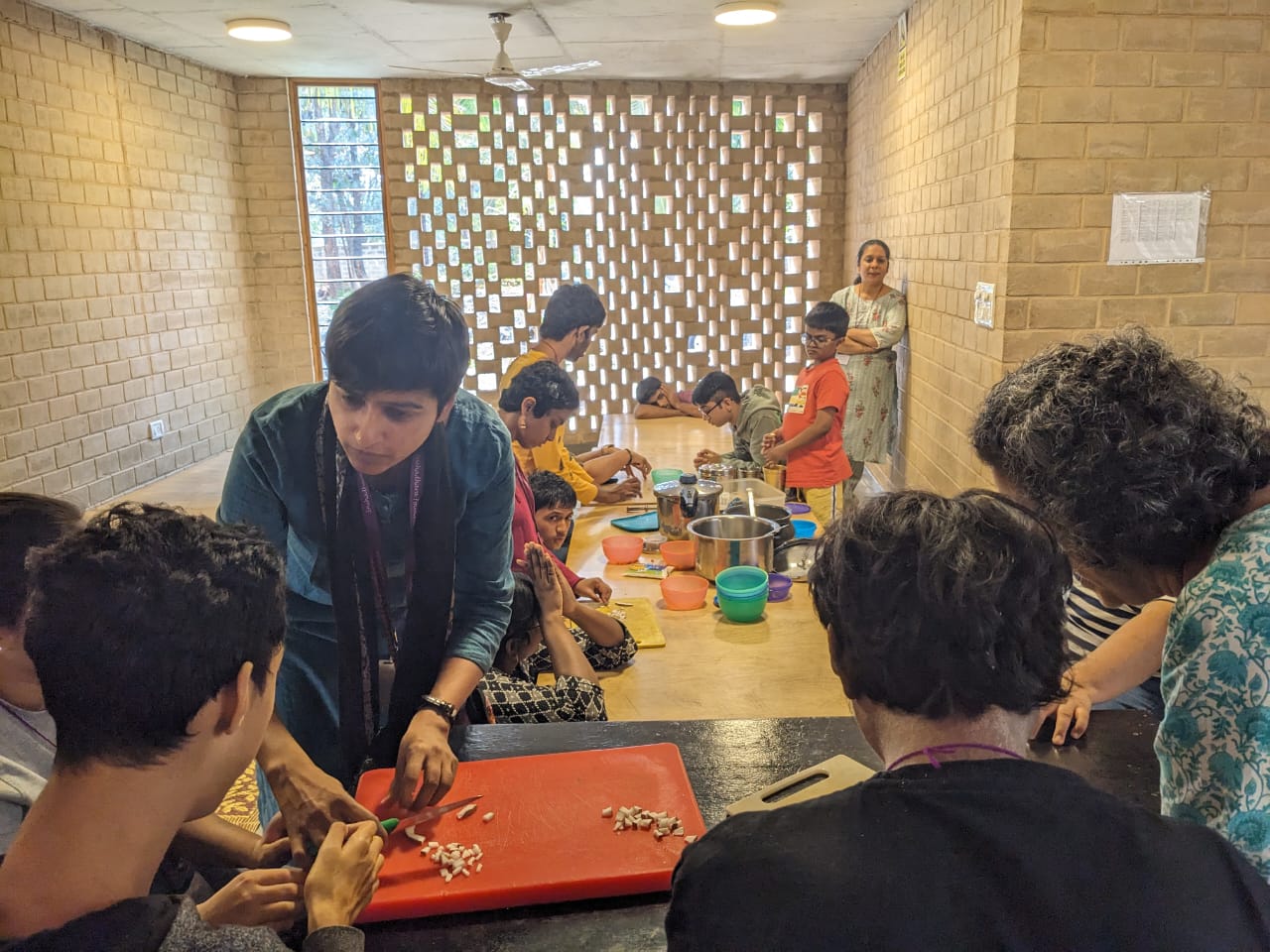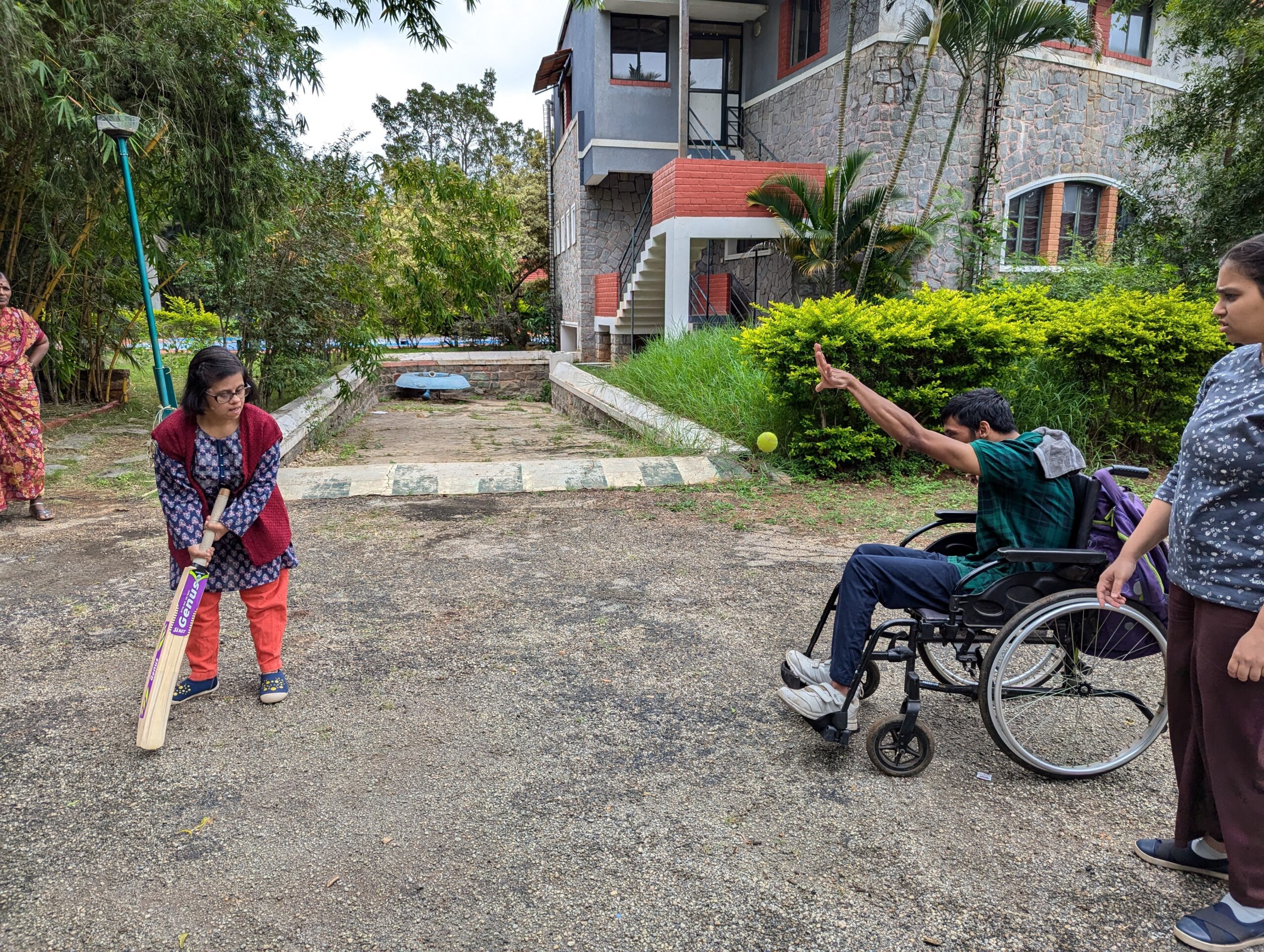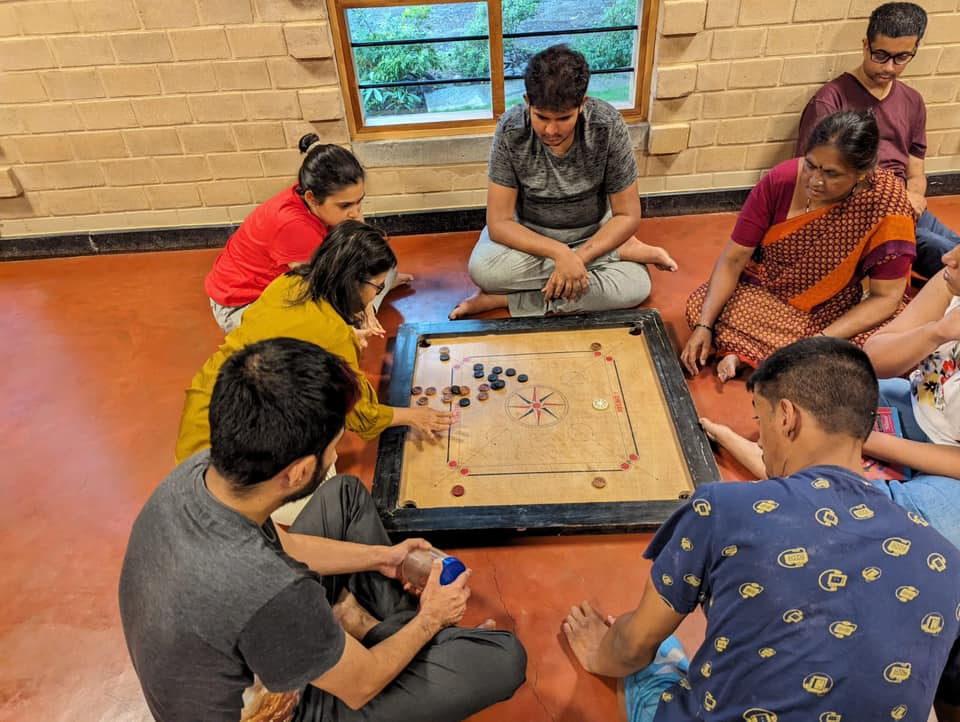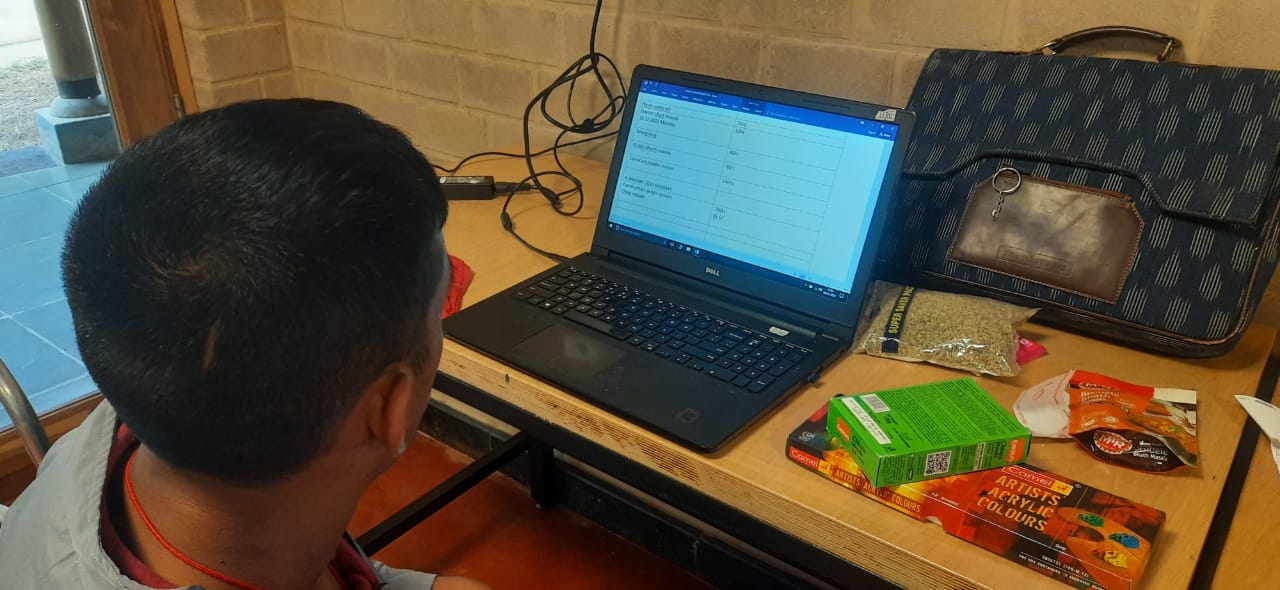Preparing Neurodivergent Individuals for Independence
“What After Me?” is the eternal question of all parents: especially those with neurodivergent children. This concern arises from the unique challenges that neurodivergent individuals may face in achieving independence, such as navigating social expectations, managing daily tasks, and accessing appropriate support systems. Parents often grapple with the fear that their child will not be taken care of and understood: stemming from the belief that I as a parent am irreplaceable and no one can understand my child as well as I do.
As a parent, my instinct is to make life easier for my child. The deep need to protect and provide for our children often continues even when they are adults, especially when we believe them to be less than capable. From a practical perspective, it’s faster and more efficient for us to take care of all the needs of the child/adult, rather than watch them struggle and stumble through even simple tasks like serving themselves at mealtime or folding their clothes. However, while this approach might save time and effort in the short term, it inadvertently fosters dependency, limiting the individual’s ability to develop essential life skills. Stepping back and providing some “tough love” is a challenge when our near and dear are concerned; and even more so when we believe they need our care and protection for their very survival.
The Need to Believe
In striving to protect and care for neurodivergent children, parents sometimes set low expectations from them, and believe that we must take care of their basic needs, including self-care and lifelong entertainment. Yet, this approach underestimates the child’s potential for independence and self-reliance. Once a habit of dependency forms, breaking free from it becomes significantly harder.
As the Autistic Scholar notes:
“Many of us learn to rely on our parents to schedule us and nag us into doing our work. Sadly, it’s often easier and more efficient in the short term for others to do things for us than for them to let us do things ourselves – but if we don’t do things for ourselves, how will we learn?”
— Independence: Preparation for Transition (Part I) (Autistic Scholar)
It’s important to recognize that not every person can live entirely on their own; some individuals may need to live with ongoing support. However, this doesn’t mean they can’t achieve a meaningful level of independence.
Balancing Support and Challenge
Fostering independence demands that we juggle between providing the right amount of challenge while protecting the individual from setbacks that could frustrate them and severely disrupt their progress. This process is best guided by the concept of the Zone of Proximal Development (ZPD), which emphasizes providing challenges that lie just beyond what the individual can achieve independently but are achievable with guidance (Vygotsky, 1978).
“We must find a difficult balance. We must allow learning from failure, but we can’t allow serious failures that will disrupt the individual’s life trajectory or mental health. We must ensure that young people are aware of the challenges ahead of them, but we can’t let them think we expect anything less than their success in overcoming these obstacles.”
— Independence: Preparation for Transition (Part I) – Autistic Scholar
As parents, we would also like to make things easier for ourselves. For example, letting a child prepare their breakfast would initially result in a bit of mess or a few spills and take double the time we would have taken. This may mean more cleaning up and less time for other chores, raising the question ‘Is it worth the effort?’
While fostering independence is the ultimate goal, it’s important to remember that the journey will have its ups and downs. Some days will be more challenging than others, for both you and your child. And there will be days when you need to take a deep breath and choose the path of least resistance for your own sanity. Patience plays a crucial role—and your belief in the importance of the goal.



Small Steps Toward Independence
“Adaptive skills, also known as life skills or functional skills, encompass a range of abilities necessary for independent living and functioning in various environments. These skills include self-care, communication, social interaction, personal hygiene, household tasks, and money management, among others. Adaptive skills training focuses on teaching and reinforcing these skills to enable individuals to participate more fully in their communities and lead more fulfilling lives.”
— Promoting Independence: Adaptive Skills Training for Neurodiverse Adults — Stephen’s Place
Start with Self-Care
Begin by focusing on basic daily routines, such as morning self-care. Create a manageable morning schedule that includes waking up independently and completing personal hygiene tasks.
One Size Does Not Fit All
Recognize the need for customizing routines. Our own morning routine can be distinctly different from anyone else. In the same way, every individual has their preferences. With a neurodivergent (ND) individual, it takes time and effort to understand and create an environment and a routine that suits their individual personality. Here are a few things that can be built into the process and are beneficial:
The Daily Drill
Identify your objectives and create a task flow chart. This could start from the time the alarm rings in the morning till breakfast time. This part of the day would ideally be the same every day. Ensuring consistency and daily repetition has multiple advantages: predictable progression develops a sense of familiarity and stability. Establishing a routine helps train the mind and body until the activities become part of your muscle memory. This process may take time but yields lasting results. Consistent repetition helps reinforce these habits until they become second nature.
Task Analysis and Backward Chaining
Break tasks into smaller, achievable steps. Grading these components as per difficulty and duration helps determine the kind of support that needs to be provided.
Backward chaining is a strategy where the child is supported to complete the last task independently. Their sense of accomplishment provides motivation. Other steps towards the completion of the task are integrated ‘backwards’. The tasks presented and the support provided should keep in mind the ZPD to ensure that frustration does not thwart the effort towards independence.
Use tools like visual charts to outline these steps and provide reminders. Be consistent with the language, gestures, and prompts provided along the way ensuring repetition to reinforce the learning process. Gradually reduce the number of charts and oral instructions, using gestures as prompts and only where required.
User-Friendly Tools
The use of appropriate tools such as:
- A talking alarm clock for waking up or as a reminder for medicines.
- Using a shower instead of a bucket for bathing.
- Using an electric toothbrush and a water flosser to maintain oral hygiene.
- Ensuring that clothes have easy-to-manage buttons or none at all.
- Footwear that is pull-on or velcroed.
These help cultivate independence.
Physical accommodations such as support bars or a stool for seating while bathing or even brushing teeth may be required. Toiletries and clothes need to be within easy reach. All items should have a place and always be returned to their place: for example, the toothbrush and toothpaste are always found in the same place, and the individual is taught to put them back in the right place. This way, you don’t have to clean up and organize later, and things stay organized.
Positive Reinforcement
As with everyone, there are moments, even days, when we just can’t do it. And as with any one of us, positive reinforcement techniques, praise, or even a treat or reward to look forward to encourages task completion.
Another way to provide a nudge may be using a timer and motivating the individual to better their own time for completed tasks.
Just remember, not all of these work with all human beings all the time; and then there are days where nothing works. Pull yourself together, take a deep breath, and give yourself a break!
Sensory Accommodations
An important customization comes in the form of creating a sensory-friendly environment. This requires simple accommodations, such as:
- Creating quiet spaces with reduced noise levels.
- Subtle or natural lighting.
- An odor-free environment and products with little or no smells.
These adjustments can significantly enhance their comfort and equilibrium.

The Path Forward
While the journey to independence for neurodivergent individuals requires patience, persistence, and thoughtful planning, the rewards are immeasurable. Cultivating adaptive skills, building consistent routines, and respecting individual needs empower them to lead fulfilling, self-reliant lives.
As noted by the European Network on Independent Living:
“For neurodivergent individuals, independent living is not merely about physical independence; it’s about having control over their daily lives, making their own choices, and living in an environment that respects their unique needs and abilities.”
— European Network on Independent Living (ENIL)
At the Uhuru program, we provide a safe and caring space for ND adults, supporting them in their journey towards independence. Our 26-day residential training programme on assisted living is designed to empower neurodiverse adults with essential skills for semi-independent living, social engagement, and personal growth. It focuses on fostering independence, building community connections, and creating transformative experiences through a carefully designed residential model.
By preparing for their future today, parents can help their children face tomorrow with confidence and autonomy, ensuring that the question of “What happens after me?” is met with the answer: “They will thrive.”

